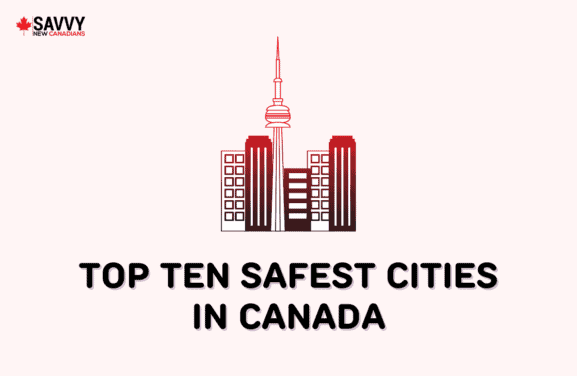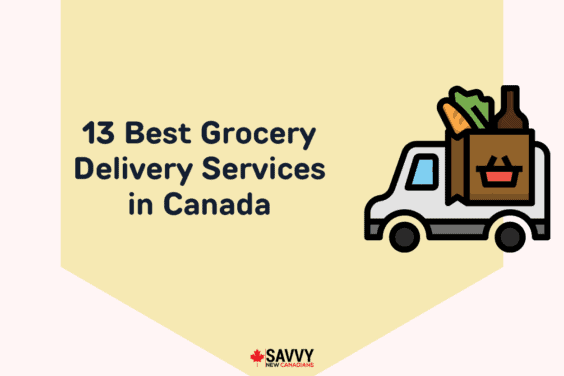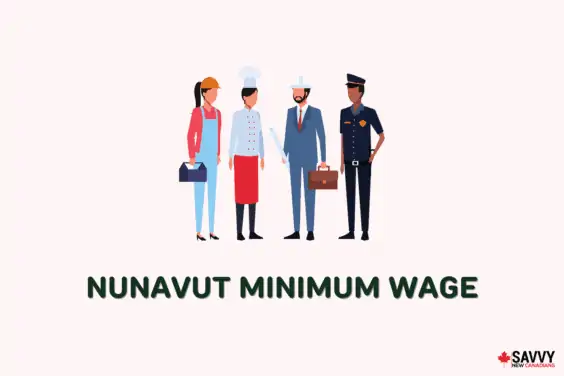Have you ever wondered where you fall on Canada’s income scale?
In 2021, the median income in Canada was around $68,400 for families and individuals. According to an earlier report released in 2019, Canadian households earning between $33,000 and $130,000 could be considered part of the middle class.
This article dives into what these income levels entail, how they affect your family and the typical retirement income for the middle and upper-middle classes.
Key Takeaways
- In Canada, middle-class income ranges between $33,000 and $130,000, with a median income of $68,400 in 2021.
- Upper middle-class income is when earnings exceed the national median income but fall below the top 10% of earners.
- Retirement income for the middle class depends on various factors, but a common rule of thumb is to aim for a 70% income replacement ratio.
- Location, occupation, and family size affect the definition of middle-class income in Canada.
What is Middle-Class Income in Canada?
Defining middle-class income in Canada varies depending on location, family size and occupation.
In general, a middle-class income in Canada is one that allows families or individuals to afford basic essentials like housing, food, and healthcare. As well as some discretionary expenditures on entertainment and vacations.
According to a report by Nanos Research for The Globe and Mail, a majority of Canadians (78%) consider themselves to be middle class, while 22% consider themselves to be out of this socio-economic class.
What is Considered Upper Middle-Class Income in Canada?
To put it simply, it’s when your income is higher than the median income for the country but lower than that of the top 10% of earners. You can live comfortably and experience some degree of financial stability with this salary.
According to Statistics Canada, the top 10% of income earners in Canada had a median income of $132,300 or more in 2020.
Middle-Class Income in Canada For a Single Person
Canada’s middle-class income currently ranges from $33,000 to $130,000. Therefore, anyone earning in this range of wages can classify themselves as middle-class.
Yet, middle-class income in Canada might vary by region and profession. For instance, the current living wage in Toronto is $23.15 per hour for a single worker. This is according to a research by the Ontario Living Wage Network. It equates to a $49,240 yearly salary based on a 40-hour workweek.
In other provinces and places with lower costs of living, this amount may support a better standard of living.
Middle-Class Income in Canada For a Family
The median income for households in Canada was $73,000 in 2020. While this amount is enough to support middle-class standards of living, it might not be true in certain provinces and cities with a higher cost of living.
Below is a table showing the median household income in 2020 for the 10 largest urban centres in Canada:
| Province | Median Income |
| Vancouver | $79,500 |
| Edmonton | $84,000 |
| Calgary | $87,000 |
| Winnipeg | $71,500 |
| Hamilton | $80,000 |
| London | $71,000 |
| Ottawa | $84,000 |
| Quebec | $65,500 |
| Montreal | $65,500 |
| Toronto | $85,500 |
Middle-Class Income vs. Average Salary in Canada
Is middle-class income the same as the average salary in Canada? The quick answer is no. This is because average salaries can be unduly influenced by high-earners in certain professions.
For example, the average salary for all employees in Canada was $59,059 in 2020. This is according to Statistics Canada, as reported by Indeed.
Nevertheless, this sum is less than the typical annual household income for families and single Canadians, which was $68,400 in 2021.
What is the Percentage Of Middle Class in Canada?
According to a report by the OECD, the percentage of the middle class in Canada was about 58% of all Canadian families and unattached individuals in 2016.
The size of the Canadian middle class is slightly lower than the OECD average, as shown in the same report.
What is Middle-Class Retirement Income in Canada?
Canadians in the middle class can have a range of retirement incomes depending on things like savings, investments, and government benefits.
The “income replacement ratio” is a straightforward guideline that can be used if you need a rough estimate for basic planning but are still a few years away from retirement.
The ratio shows how much of your total income earned throughout your working years you anticipate replacing in retirement. In the event you choose a 70% ratio and earn $70,000 per year, you will require $49,000 in retirement (70 percent of $70,000).
FAQs
According to Statistics Canada, the top 10% of earners in Canada had a median income of $132,300 in 2020.
Depending on several variables, such as geography, family size, and personal spending, $80,000 may or may not be considered a respectable pay in Canada. In most of Canada, an income of $80,000 will support a comfortable lifestyle.
The median household income for the Calgary CMA (census metropolitan area) was $118,000 in 2020. This is according to Alberta.ca website.
It is a good salary if we compare it with the available data. For example, according to Statistics Canada, the median income for the top 50% of income earners in Toronto was $71,900 in 2020.
Related:



